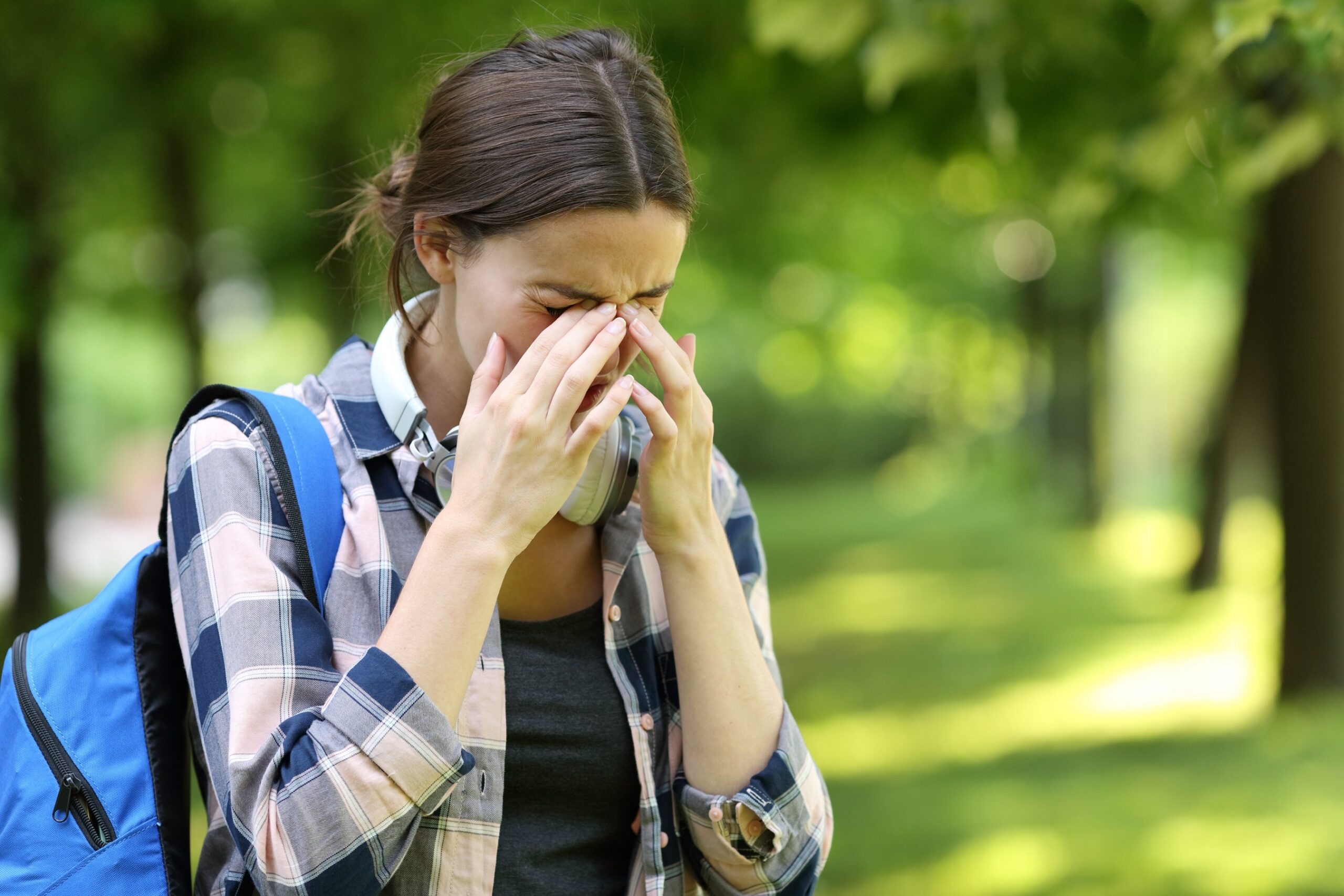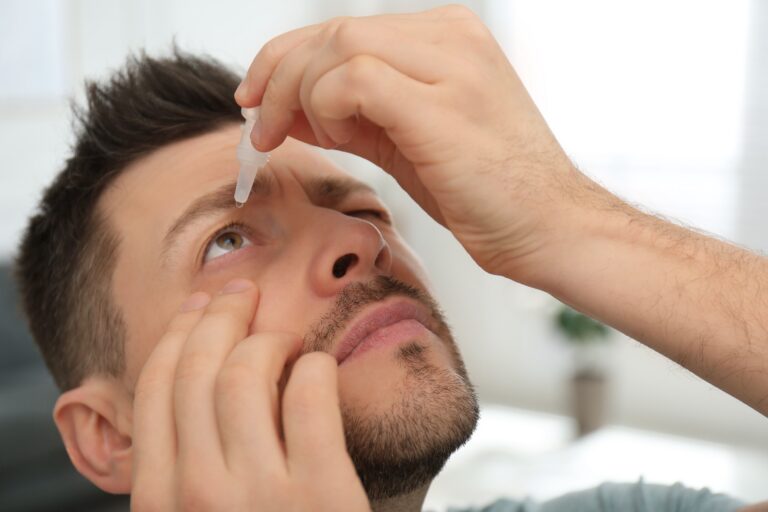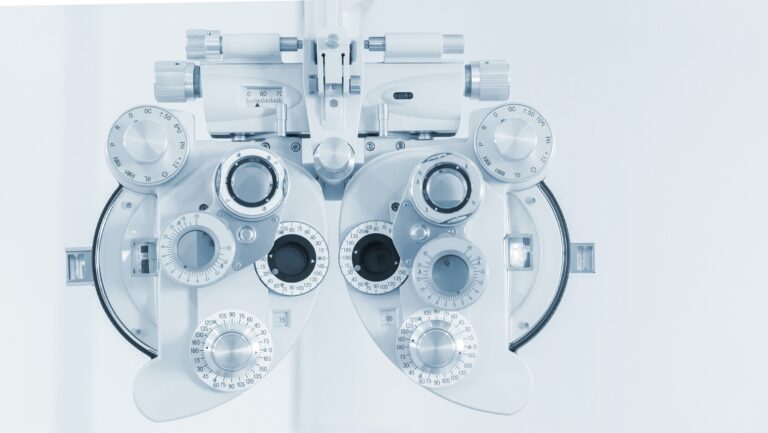
About Eye Allergies
Around 8 – 10% of U.S. adults and children suffer from seasonal allergies (commonly called hay fever) and develop uncomfortable symptoms. You may experience well-known symptoms, such as sneezing, congestion, and a stuffy nose, but you can also have inflamed, watery, irritated, and puffy eyes.
When allergies irritate your eyes, the result is allergic conjunctivitis, sometimes referred to as eye or ocular allergies. Eye allergies are quite common, and eventually, they happen to most people with hay fever. The symptoms caused by ocular allergies can present as mild to severe; however, we offer simple treatments that can make a big difference.
At Ophthalmology Associates of the Valley in San Fernando Valley of Los Angeles, CA, our doctors provide eye allergy treatments that help reduce the irritation. Please call our team to hear more or arrange a consultation.
What Are the Symptoms of Eye Allergies?
Besides sneezing, sniffling, and a runny nose, most patients with seasonal allergies also deal with irritated eyes. The most well-known symptoms of ocular allergies include watery, itchy, and inflamed eyes. For many individuals, the symptoms of ocular allergies also involve the eyelids so they become itchy, swollen, and inflamed, too. These symptoms often produce an intense desire to rub or scratch the eyes, but scratching only makes the discomfort worse. Patients whose ocular allergies are severe may have prickling sensations, sore eyes, and in some cases, even sensitivity to light.
What Are the Causes of Eye Allergies?
Usually, there aren’t any unusual causes for eye allergies. Their symptoms are simply your eyes responding to the same things that trigger other common allergic reactions, like sneezing or an itchy nose. Typically, patients with eye allergies react to different types of pollen, mildew, dust mites, pet dander, or other ordinary airborne allergens. A large number of patients can also have eye allergies to substances, like fragrances, tobacco smoke, and skin-care products. Several types of allergens are present on the hands; therefore, wiping the eyes often aggravates the inflammation.
What Are Some of the Risk Factors for Eye Allergies?
The risk factors for eye allergies are similar to those for other types of allergies. Some of the most common risk factors for eye allergies include:
Having a family history of allergies
Frequent exposure to environmental pollutants, such as dust, pollen, or mold
Using contact lenses that aren’t properly cleaned and maintained
High levels of air pollution
Smoking (or being near someone who is smoking)
How Are Eye Allergies Diagnosed?
Though eye allergies are mostly nothing to worry about, their symptoms can appear identical to other severe conditions. Our ophthalmologists will perform a comprehensive eye examination to exclude anything harmful before diagnosing you with allergies. In addition to your existing symptoms, we will review your medical history to help determine if a more serious condition is causing the symptoms. In some cases, our doctors may refer you to an allergist so they can identify the specific triggers that cause your symptoms.
How Are Eye Allergies Treated?
As is the case with any allergy, the best way to avoid eye allergies is to stay away from the allergen, though we know that is not always simple or even achievable. People who use prescription contacts and experience eye allergies can sometimes find relief by switching to daily contacts because airborne allergens are more likely to build up on extended-wear lenses. Also, patients can purchase several over-the-counter eye drops, which decrease inflammation and itching, but frequently, they offer only partial relief. If you have experienced this with over-the-counter eye drops, you could need prescription eye drops, or you may have an infection that feels like allergies.
Eye Allergies FAQ
Receive Eye Allergy Relief
Typically, ocular allergies feel uncomfortable and irritating, but thankfully, we offer some simple options for treatment. Our ophthalmologists in San Fernando Valley of Los Angeles, CA at Ophthalmology Associates of the Valley perform comprehensive exams and create personalized treatment plans for patients. This helps us ensure that patients receive the best treatment for their unique case.
Please schedule an appointment with us at either our Encino or West Hills location, if you suffer from eye allergies.







